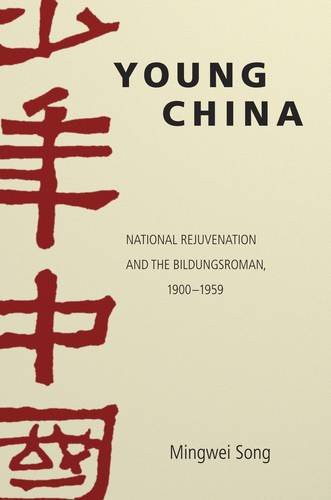
YoungChina
[ 近代史 ]
作者:MingweiSong
1
0
推荐者:百科书库 2023-04-06 14:42:54
本书简介
- 作者:MingweiSong
- 出版社:HarvardUniversityAsiaCenter
- 副标题:NationalRejuvenationandtheBildungsroman,1900-1959
- 出版年:2016-1-18
- 页数:396
- 定价:USD49.95
- 装帧:Hardcover
- 丛书:TheHarvardEastAsianMonographs
- ISBN:97
The rise of youth in modern China is one of the most compelling tales of modern times. Starting from the final years of the Qing dynasty, youth has been seen as a powerful force in Chinese history, as intellectuals turned to notions like "young China" and "new youth" to further their vision of national rejuvenation. Additionally, the concept of a young protagonist with a developmental story has influenced the modern Chinese novel. Youth occupies a central literary motif in the genre of Young China, which considers how youth is intertwined with the ideas of nationhood and modernity throughout twentieth-century China. This approach synthesizes cultural history and narratology to explore how the discourse on modern Chinese youth has emerged and developed over time, alongside the literary construction of the Chinese Bildungsroman. These novels describe the psychological growth of youth, using symbolic allusions to national rejuvenation. As a narrative that navigates the complex relationship between self and society, ideal and action, and form and reality, it complicates the various political and cultural symbolisms invested in youth across different periods of modern Chinese history. Ultimately, the restless and protean image of youth both perpetuates and problematizes the ideals of national rejuvenation.
作者简介
MingweiSongisAssociateProfessorofChineseLanguageandLiteratureatWellesleyCollege.
相关推荐
思想是生活的一種方式
王汎森教授的新作《思想是生活的一種方式:中國近代思想史的再思考》由兩部分文章組成。其中,一部分探討近代中國思想中「主義時代的來臨」這一主題,另一部分則闡述了對「思想是生活的一種方式」這一研究方向和態度 王汎森 2023-04-06 13:00:07© 2023-2025 百科书库. All Rights Reserved.


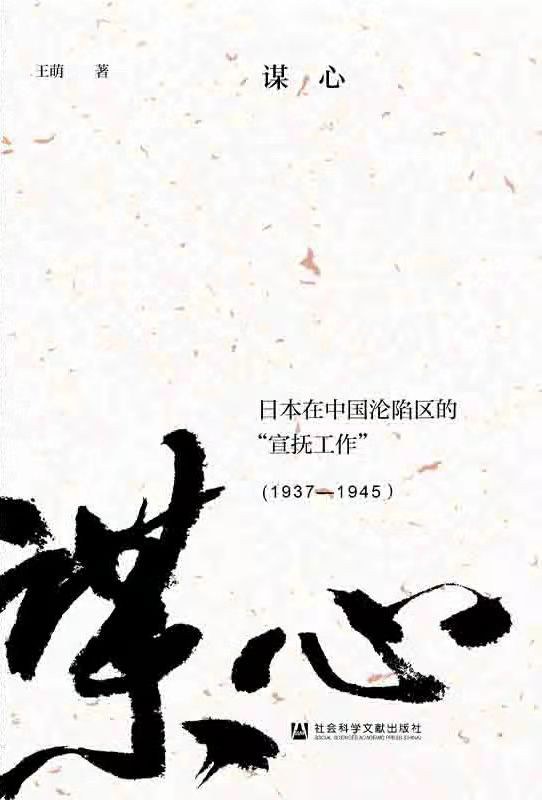
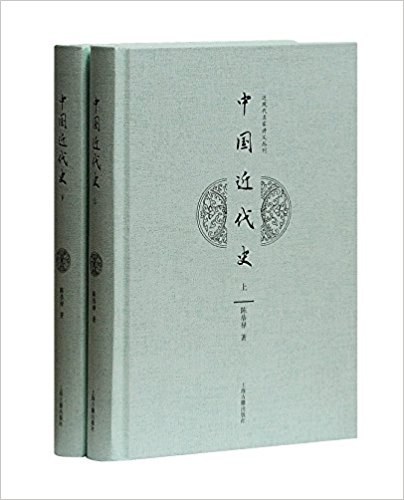
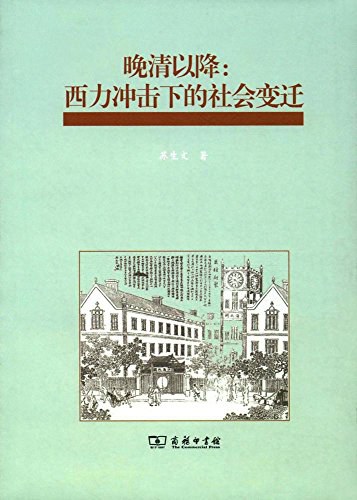
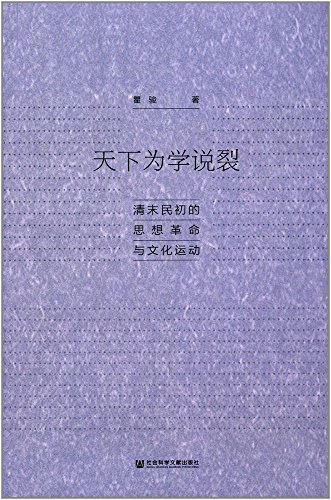
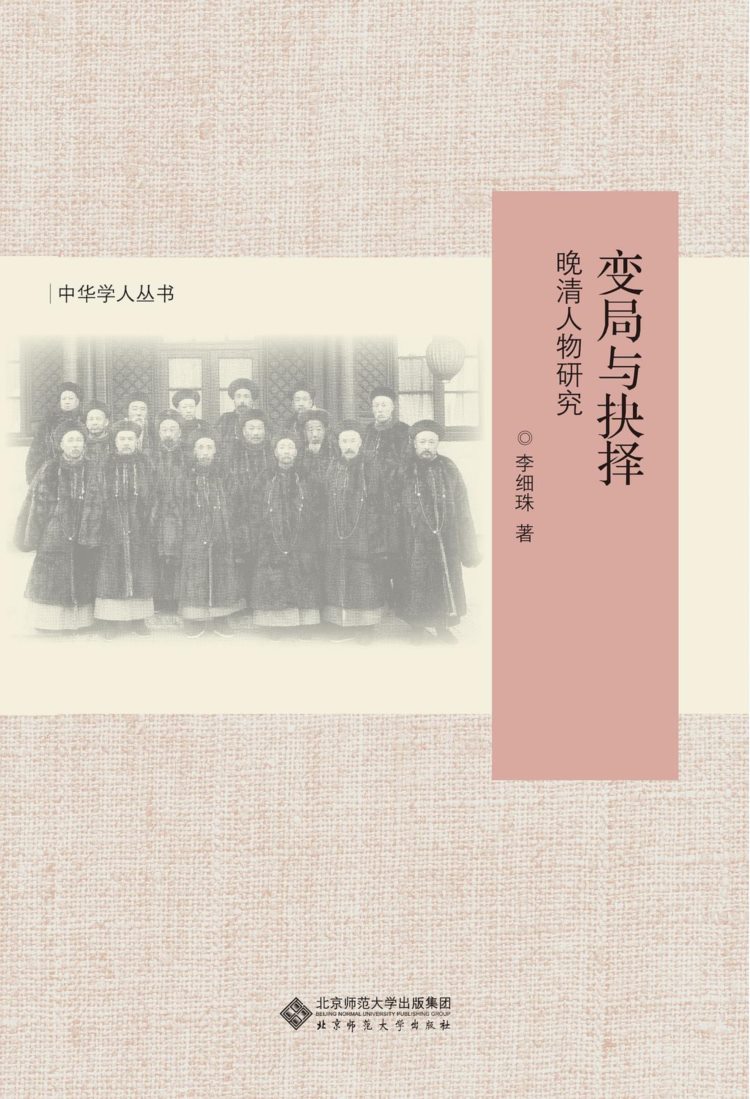
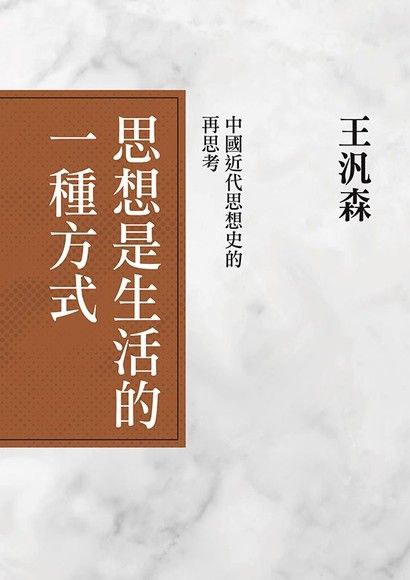
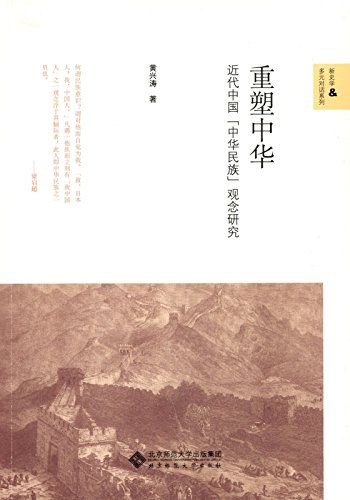
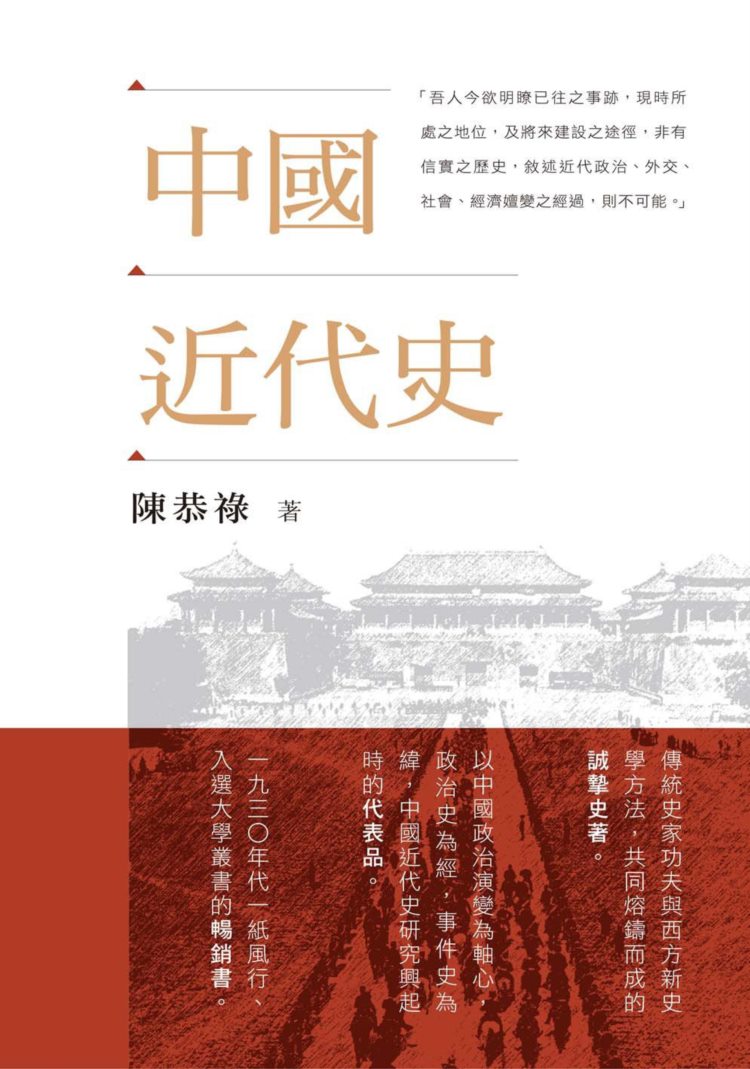
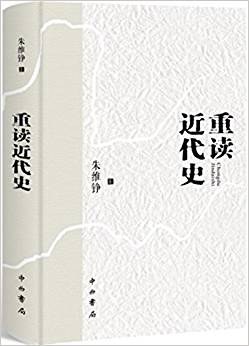
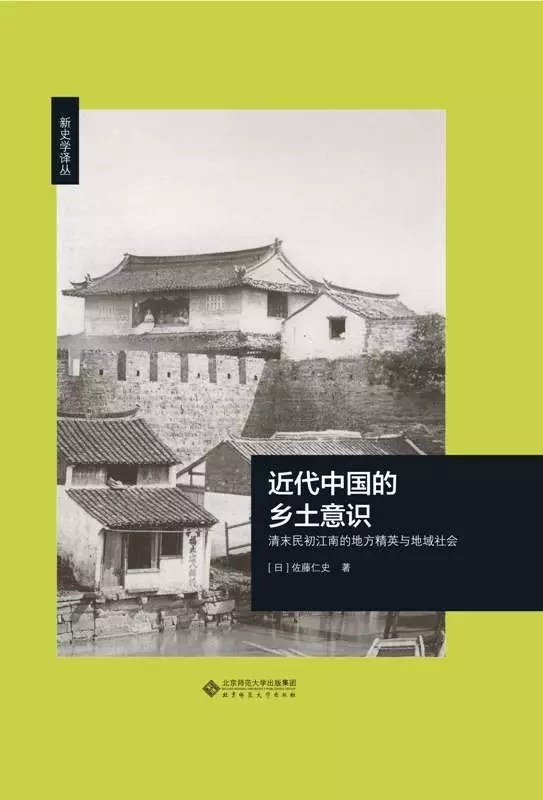
发表评价